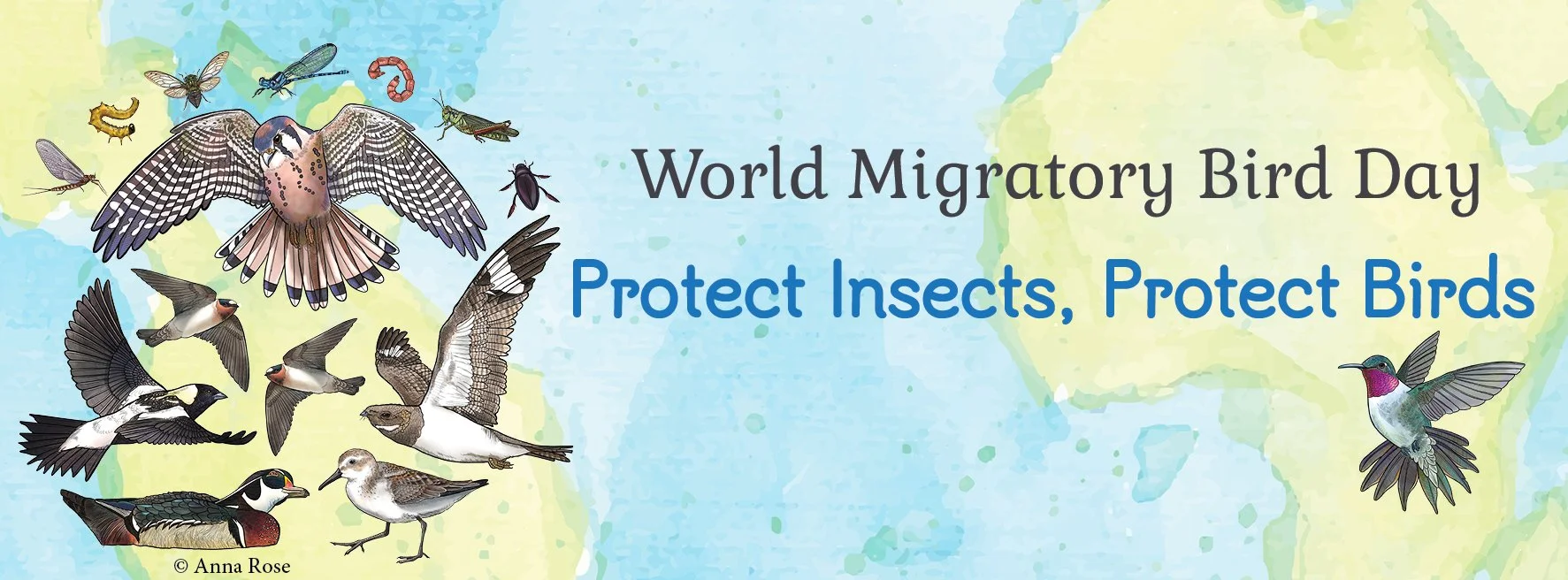World Migratory Bird Day Event May 11
The Village of Homewood is again celebrating World Migratory Bird Day at the Izaak Walton Preserve.
Date: Saturday, May 11, 2024
Time: 8:00 am - 12 noon
Location: Homewood Izaak Walton Preserve
Address: 1100 Ridge Road, Homewood, IL (map)
Come by and enjoy your pick of free activities - bird walks, presentations, children’s activities, build a bughouse, local birds photography exhibit! This event is sponsored by the Homewood Public Works Tree Committee in partnership with Homewood Izaak Walton Preserve, Thorn Creek Audubon, Boy Scout Troop 342, and the Homewood-Flossmoor High School Art Department.
Program details at > 2024 World Migratory Bird Day Celebration
Meet the Ambassadors of World Migratory Bird Day 2024
Art by Anna Rose, migratorybirdday.org
The Species
Nacunda Nighthawk (Chordeiles nacunda)
Giant Cicada (Quesada gigas)Cliff Swallow (Petrochelidon pyrrhonota)
Vivid Dancer (Argia vivida)Bobolink (Dolichonyx oryzivorus)
Willow Sawfly (Nematus corylus)Wood Duck (Aix sponsa)
Giant Water Scavenger Beetle (Hydrophilus triangularis)Broad-tailed Hummingbird (Selasphorus platycercus)
Mayfly (Cinygmula ramaleyi)Semipalmated Sandpiper (Calidris pusilla)
Buzzer Midge (Chironomus plumosus)American Kestrel (Falco sparverius)
Red-legged Grasshopper (Melanoplus femurrubrum)
Environment for the Americas picked the seven bird species as examples of the important role of insects in the lives of migratory birds. As EFTA explains:
These species not only demonstrate the diversity of migratory birds but also highlight their dependence on insects and healthy insect habitats.
Cliff Swallows capture flying insects and provide natural pest control benefits around their colonies.
Despite being primarily granivorous, the North American Bobolink relies on insects as a crucial food resource during the nesting season.
The Nacunda Nighthawk, active during twilight and night, skillfully uses artificial lighting to hunt for insects.
Semipalmated Sandpipers scour mudflats for aquatic insects.
The Broad-tailed Hummingbird supplements its nectar diet with insects, essential for nurturing its chicks.
Even the American Kestrels rely significantly on insects as a food source.
Finally, the migration of Wood Ducks to coastal areas shows just how important wetlands with plenty of insects are.
May 6, 2024


